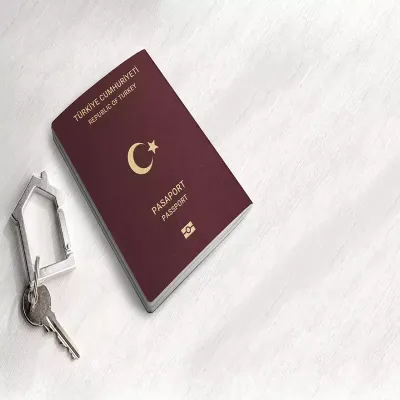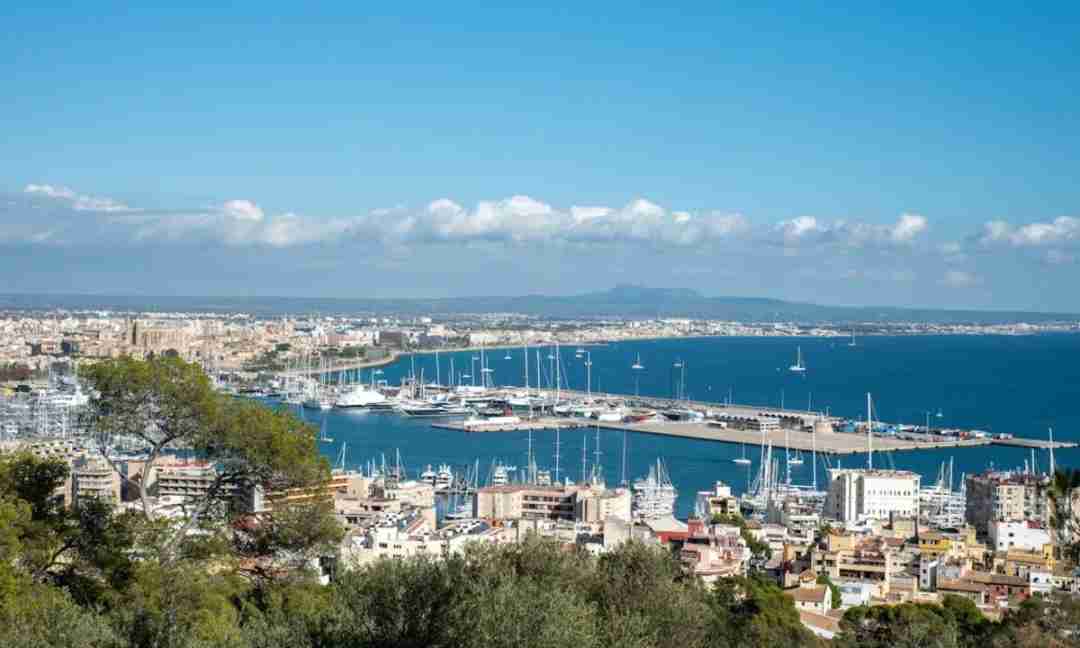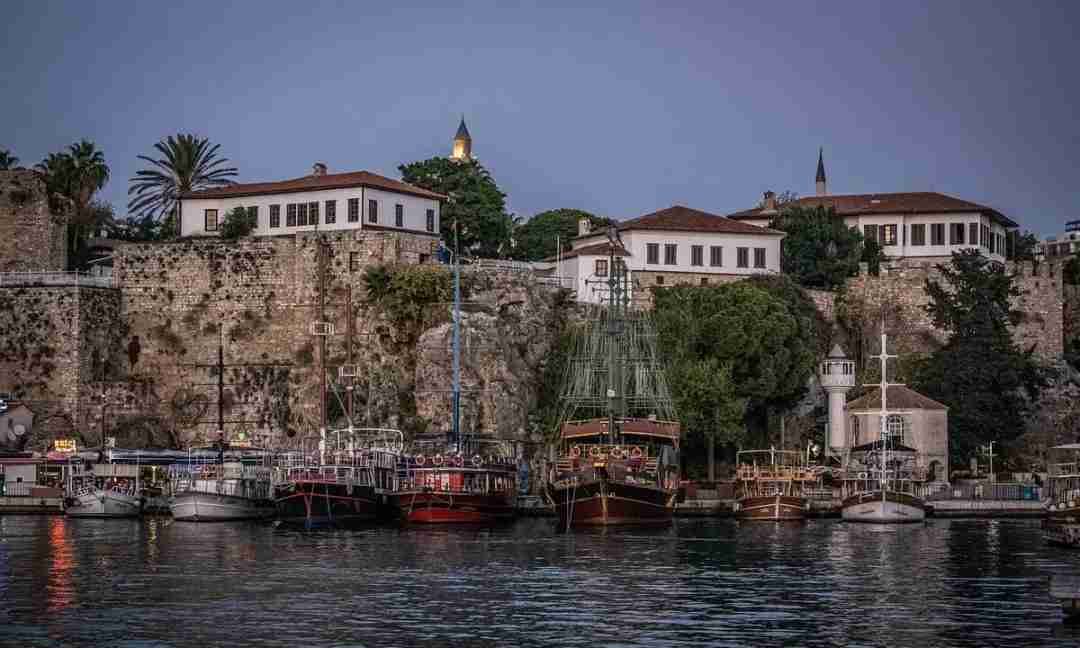Fethiye, and specifically Fethiye Hills, a real estate haven due to its thriving tourism sector situated on the southwestern part of the turquoise coast of Turkey, is a town that has witnessed hundreds of tourists keen on buying property. With all its selling amenities, mouthwatering beaches, Mediterranean lifestyle, and culture infused with history and advanced technology, it is not only tourists that have set foot in Fethiye, property owners have also come into the picture. Therefore, one of the first things that property buyers in Fethiye inquire about is: “Do they have to pay a property tax, and if yes how much?”
If you are planning to buy a house or an apartment in Fethiye, you need to get acquainted with the property purchasing tax system in Turkey, especially in this picturesque region. Many factors determine property tax obligations in Fethiye, thus it is important to comprehend them so that you can invest more efficiently.
Property Tax Rate in Fethiye
In Turkey, we can differentiate the property tax rates based on the regions as in the metropolitan municipalities or the middle-sized or nonmetropolitan areas. Fethiye is found in the latter region and hence Fethiye property tax rates are comparatively lower than those of huge cities like Istanbul or Ankara. The property tax rates in Fethiye emerge as under:
- Residential assets: – 0.2% of the assessed market value of the property; including land and improvements
- Commercial properties: – 0.4% of the assessed value of the property including land and any improvements to it.
- Land (not developed) – 0.2% of the assessed value of the property including the unimproved lot and any improvements other than buildings.
- Farmland: 0.1% of the assessed property value.
It has to be mentioned also that those base rates are applied on an annual basis. To illustrate, based on the same valuation date (incomes and value of property for the year 2020), if a residential house owned and occupied by the taxpayer in Fethiye has a market value of 1,000,000 TRY, the annual property taxation borne by the property owner shall be 2,000 TRY (that is 0.2% of the property taxable market value of the real estate).
How Do Property Valuations Work?
The property tax that the owner shoulders in Fethiye is dependent on the assessed value of the property. The local municipality is responsible for ensuring this through periodic assessments. The assessed value does not differ from the market rate in most situations, but at times, it can be less. Every four years, municipalities also carry out evaluations meaning that there are instances where property values and the taxes they attract may go up after every assessment cycle.
If you are going to invest in a real estate property in Fethiye, you can also utilize the expertise of professional independent valuers who will provide a good estimation of the market price and the difference in the valuation.
Other Costs to Think About
In addition, it is also necessary to know that there are broader costs — besides the property tax itself — involved when buying real estate in Fethiye:
Title Deed Transfer Fee (or Tapu Harcı):
This is a fee that is often paid only once during the transfer of ownership of the property and is 4 percent of the declared property value. This cost is usually split between a buyer and a seller unless otherwise discussed.
Capital Gains Tax:
If you decide to sell your real estate while in Fethiye within 5 years of acquiring it at a profit, you will pay capital gains tax on the profit. The tax rate varies with the profit earned, but it is not applicable for those who sell the property after 5 years of holding it.
DASK (Compulsory Earthquake Insurance):
All owners of properties within Turkey are expected to purchase earthquake insurance. This cost depends on a property’s size and type, but for a typical Fethiye apartment, the cost is between 150 – 250 CAD per year.
Annual Property Maintenance Fees:
These include averages for restaurants, beach loungers, and other amenities located in the owned land but not exclusive to the owner. If you own a house in a compound, these are the fees you will have to pay for the upkeep of shared amenities such as swimming pools, gardens, and security, among others.
Conclusion:
Fethiye’s coastal belt and its low property tax rates are reasons enough for both Turkish citizens and foreigners to purchase Fethiye properties. Property in Fethiye is heavily taxed, but not as much as in other cities in Turkey considered to be metropolitans, and the area has many areas well suited for investment such as homes and businesses.



















